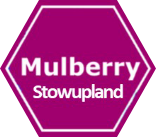Our Provision
Curriculum Rationale
Although written in 1644, John Milton’s Tractate on Education is, in essence, a humanist theory of education and there is a surprisingly strong resonance with our Trust’s current approaches to the curriculum and its delivery.
Milton’s thinking emphasised:
-
the importance of a breadth of subjects to be studied, including poetry (Milton elevated the art of poetry to the same level as logic and rhetoric);
-
an insistence on the extensive reading of authors ancient and modern;
-
a recognition that learning should begin with the concrete or sensuous and move to the abstract;
-
a conscious sense that education is a discipline for active life, preparing young people for civic duty.
John Milton is also considered to be the country’s greatest neologist being responsible for introducing some 630 words into the English language, above the contributions of Ben Jonson, John Donne and Shakespeare.
The curriculum rationale at all JMAT schools emphasises breadth and balance of subjects - arts and sciences - both at primary and secondary. Our pedagogy across a range of subject areas also focuses on moving from the concrete or familiar through to the abstract or new. There is a strong focus on language, reading and vocabulary and a recognition that learning is not just about gaining qualifications, but about developing young people as citizens and members of their local communities.
All schools will follow the principles below in determining the intent, implementation and impact of their curriculum.
| Principles of Intent | Principles of Implementation | Principles of Impact |
| A curriculum which is well constructed | A curriculum which is well taught | A curriculum which delivers high achievement |
| Ambitious in the breadth and depth of study and experience - both curricular and co-curricular – for all learners | A classroom culture of high aspiration and target-setting for all learners, irrespective of starting points | All learners experience more both as members of their school and their local communities |
| A knowledge-based curriculum to enrich and support the cognitive ability of all learners | Personalised learning, underpinned by challenge and support with a focus on quality-first teaching | All learners know more, remember more and can do more |
| Progression embedded through structure and content | Engaging, sequenced and responsive learning activities | All learners, as a minimum, perform in line with the top 20% of schools nationally |
| Cohesion secured through chronology and context | Transformational delivery and feedback in all subjects (linked to research-based models and cognitive science) | All learners have positive future choices stemming from holistic experience and development |
| A richness of vocabulary within and across subjects | On-going reflection and review by teachers and learners alike | Schools outperform local and national figures for progression and destination data - both vocational and academic |






